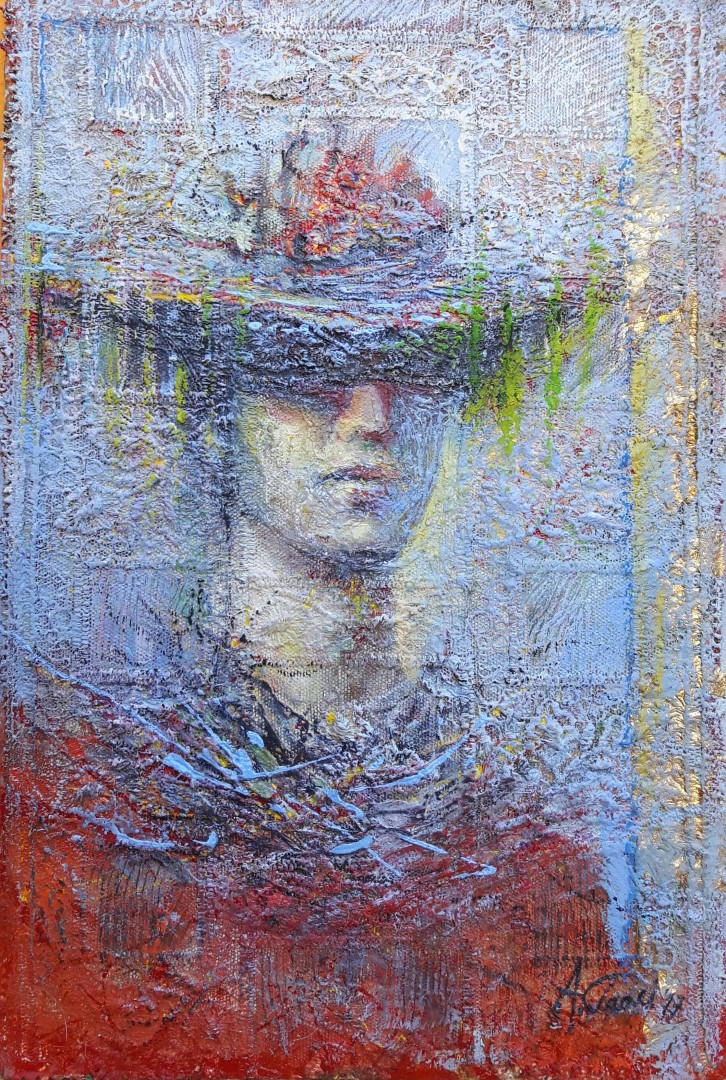VERGILIUS POET
21x30 cm
mixed on plywood
2017
portraits of the myth
Contact for infoVERGILIUS POET description Few other figures bring in themselves many links with the theme in question as that of the great poet, in turn by the Neapolitan people was recognized over the centuries as a legendary healer and necromancer. As reported by Roberto De Simone in his anthropological text "The Sign of Virgil" (1982), the same name of Parthenias was attributed to Virgil by the Neapolitan people, appellative that the feminine can mean "the son of the Virgin", "the Miss", "Il Verginello" and again "la Verginella". This nickname was associated with the Mantuan poet, three centuries after his death, by the Roman theologian Donato, when, in relation to "virginity", to the exemplarity of the life of the poet and "holiness" conferred by the Neapolitan people, he wrote: "Cetera sane vitae et ore et animo tam probum constat, ut Neapoli Parthenias vulgo appellatus sit" Trad .: "As for the rest of his life, he was so chaste in speaking and in his soul that he was called the Virgin Mary in Naples by the people". Therefore, according to De Simone, the very name of the ancient city of cumana origin is associated with that of the sacred Virgin and this is connected with the most ancient religious culture of the Neapolitan people. Which then both terms were used to refer to Publio Virgilio Marone in his last years of life, makes us understand at what level of mystical veneration assurse the character in question during his stay in the city of Naples (where still today can be visited his tomb next to that of Giacomo Leopardi). The name of Verginella, in its meaning not only physical but also sacred, is attributed to the Mantuan poet in many other citations, both bibliographic and oral.
